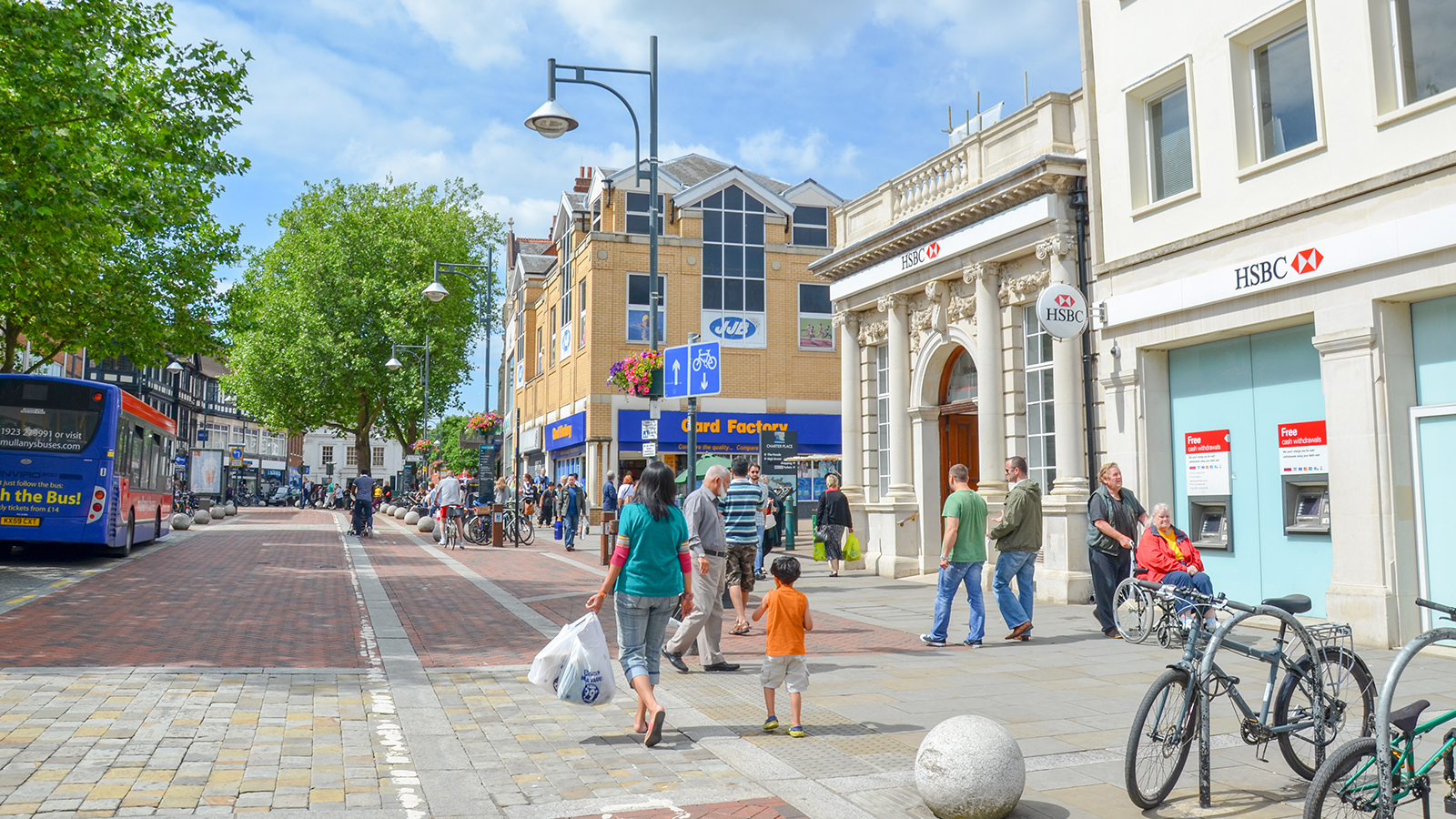What factors impact the housing market?
We’re traditionally in a lull in the housing market but is it simply the date on the calendar that has an effect on property sales? House sales and prices ebb and flow throughout the year in a general pattern but it is worth discussing the other factors that influence change. The world's trade markets, wars, pandemics, end of tax years, stamp duty, festive seasons and holidays all have an influence on sales and house prices.
Financial and economic shifts
Brexit and Covid have clearly impacted the economy in recent years. Positive economic trends encourage people to make decisions such as buying and selling property. When confidence is low therefore it can have a negative effect on the housing market. Fortunately we seem to be entering an upward trend with the end of furlough and better than predicted economic performance. The rate of interest is also pertinent because at a lower rate this inevitably draws in a greater number of borrowers and buyers. Interest rates impact the cost of getting a mortgage and the current low level of 0.1% has been helpful for borrowers but with rising inflation, the news suggests the Bank of England may have to act and increase this.
Consumer confidence
It is one of the aspects of the housing marketing and economy in general that comes up a lot but not many of us really understand. Is it simply about positive belief in the economy and market and if that is the case then why don’t more people just spend? Consumer confidence is rather more complex than that and tends to have a snowball effect where we watch and measure multiple events as discussed in the prior paragraph and then make an informed decision.
Demographics income and changing population
The shifts in population have a knock on effect on their income. It’s a fact that a major change in the demographic of a country can have an impact on the local housing market such as Watford and the wider Hertfordshire area for many years to come. Demographics are the composition of the population and take into account age, income, migration patterns and population shifts. When we consider the changes in the last 18 months due to Brexit and Covid there has been a massive shift in demographics in the UK.
Supply and demand
Like any market forces, supply and demand affect the property market. When supply of new properties is low but the demand for housing is high we often see house prices rise. Conversely when there is a great deal of property for sale, homeowners may make the decision to lower their price to increase interest in the property.
Holidays and festive seasons
There is no doubt that both the breaks people take for their annual holiday and the big global festivities such as Easter and Christmas do have an impact on house sales. The mantra “we must get xyz done before Christmas” seems to apply to every facet of life including moving and therefore house hunting tends to go on hold until the new year. The positive in this is that holidays give people time to reflect and decide to move on their return.





